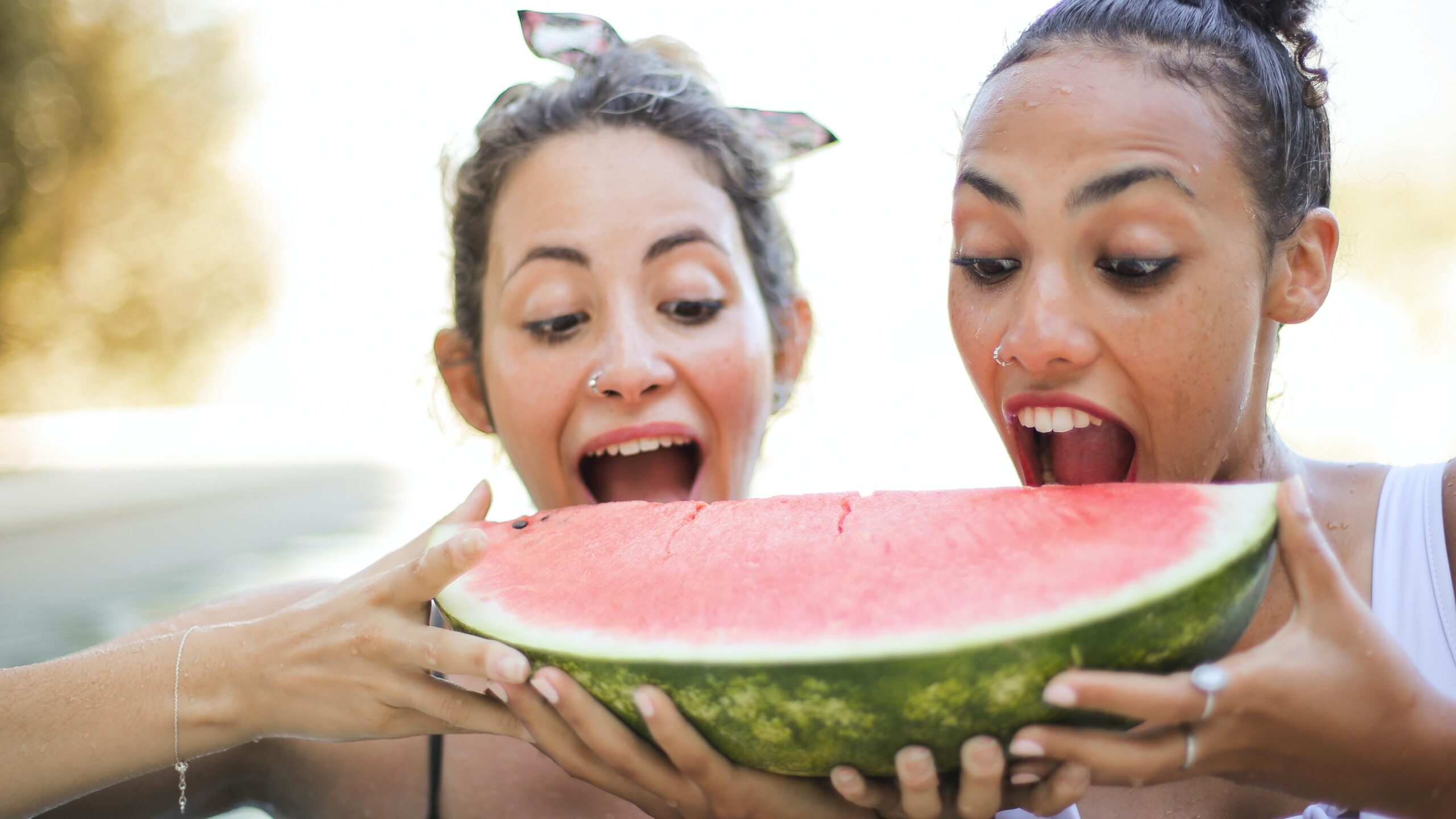How to Start Eating Healthy
When you make the decision to start eating healthy it can be hard to figure out where to start. In reality, eating healthy doesn’t have to be hard or boring.
How to Get Started
Getting started on your healthy eating journey can be as simple as making one or two small changes in your life.
Meal Prep
One of the easiest things you can do for yourself if you want to eat healthier is meal prepping. When you meal prep, you can decide what meals you want to eat and when you want to eat them. You can then prep your food and portion out your servings ahead of time. One of the biggest benefits of meal prepping is that you can better manage your portion sizes. When you prepare your own food you are in control of your portions and ingredients, so you know exactly what you are putting into your body.
Eating Plan
Similar to meal prepping, creating an eating plan is a great way to kickstart healthy eating habits. Generally, an eating plan is a plan of what you are going to eat throughout the day. According to the Dietary Guidelines for Americans, a healthy eating plan should:
- Emphasize fruits, vegetables, whole grains, and fat-free or low-fat milk and milk products.
- Include a variety of protein foods such as lean meat and seafood. Protein can also be found in things like eggs, legumes, soy products, nuts, and seeds.
- Be low in saturated fats, trans fats, cholesterol, salt (sodium), and added sugars.
You can start developing your own eating plan by simply adding more fruits and vegetables into your diet. Over time, you can gradually add more healthy foods to your diet and find ways to swap unhealthy foods with healthier options.
Start Drinking Water
Water is the healthiest beverage you can drink. Water is natural, has no additives, artificial sweeteners, etc. Making water your primary beverage can improve your hydration, which in turn can significantly affect your energy levels and brain function.
So, how much water should you drink in a day? The exact amount of water that you should be drinking in a day varies from person to person. The Mayo Clinic estimates that men should drink about 15.5 cups of water a day and women should drink about 11.5 cups of water a day.
What to Stay Away From
If you’re looking to adopt a healthier way of eating, there are some things you’re going to want to stay away from. However, it’s important to remember that most things are fine in moderation.
Processed Foods
Limiting processed foods is one of the best things you can do for yourself if you’re trying to eat healthier. Since processed foods have been modified from their natural state, they directly oppose a clean eating lifestyle. Most processed food items have lost their fiber and nutrients and lack the benefits that are provided by whole foods.
Saturated Fat
While fat is an essential part of a healthy diet, not all types of fat are the same. Saturated fat has been linked to increased levels of blood lipids and cholesterol, so it should be consumed in moderation. It is recommended that you limit your intake of saturated fat to less than 6% of your daily calories.
Saturated fat can be replaced with healthy fats, which can be found in things like nuts, avocados, olive oil, and fatty fish.
Large Portions
Practicing portion control is important when it comes to healthier eating. Eating incorrect portion sizes can negatively impact weight, metabolism, hormone balance and energy. It is important to understand serving sizes and be mindful of what you are eating (and how much). Building a healthy plate consisting of half fruit and vegetables, a quarter protein-rich food, and a quarter of whole grains can help you get control of your portions. Following this method will also make it easier to build a well balanced meal.
What to Get More Of
Healthy eating doesn’t have to be hard. Rather than focusing on what you need to be restricting, focus on what you can incorporate more of in your diet.
- Olive Oil
- Olive Oil is a great alternative for regular cooking oils that might contain high levels of saturated fat.
- Omega-3 Fatty Acids
- Omega-3 Fatty Acids are found in fish, flaxseed, and plant oils like canola oil. Omega-3’s are great for supporting your heart and immune system.
- Lean Meat
- Lean meats like chicken, turkey, and seafood contain fewer calories than non-lean meats and are a great source of protein.
- Plants
- Plant-based whole foods like fruit, vegetables, and nuts are a great alternative to processed foods.
- Vitamins and Minerals
- Fruits and vegetables contain many of the vitamins and minerals that our bodies need.
Before making any drastic changes to your diet or lifestyle, it’s important to consult with your doctor so they can help develop the best healthy eating plan for you.
For more tips, be sure to connect with us @ecampusdotcom on Twitter, Instagram, & Facebook for more resources, tips, and some great giveaways! And when it’s time for textbooks, eCampus.com has you covered for all your course material needs at savings up to 90%!

